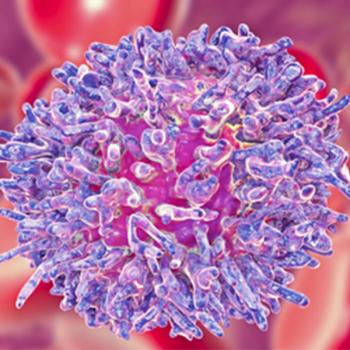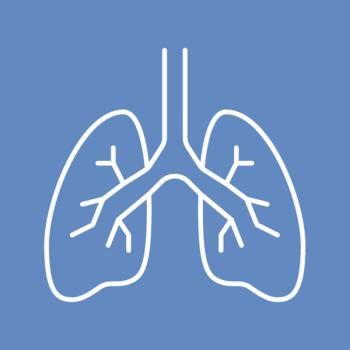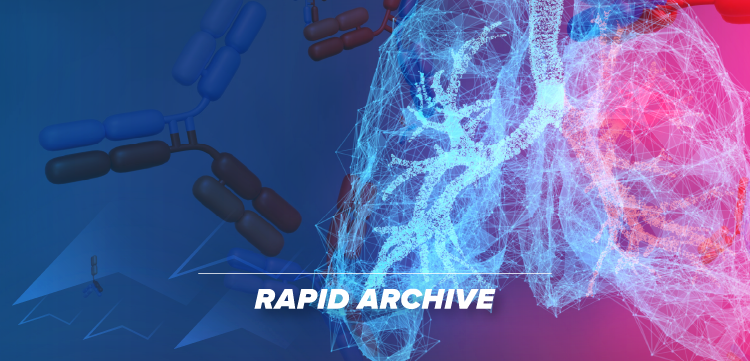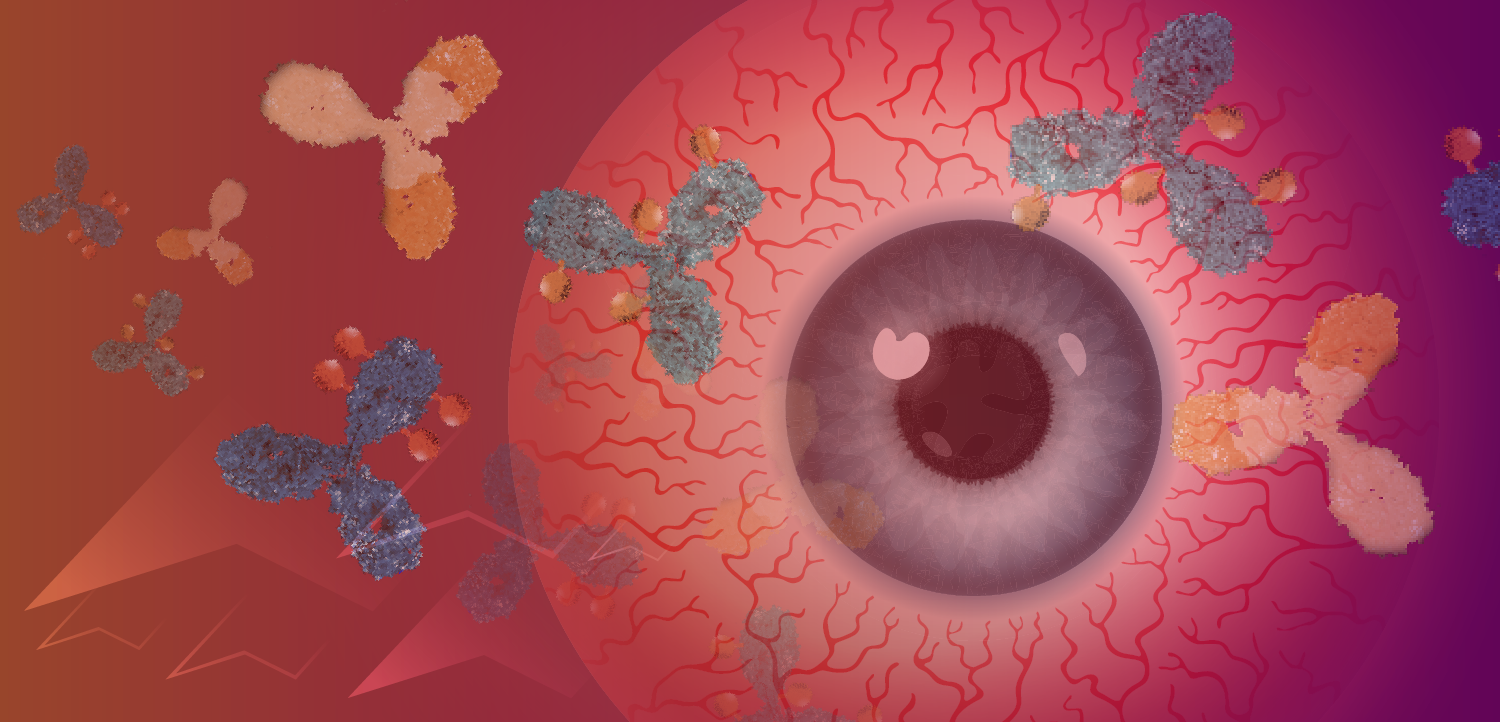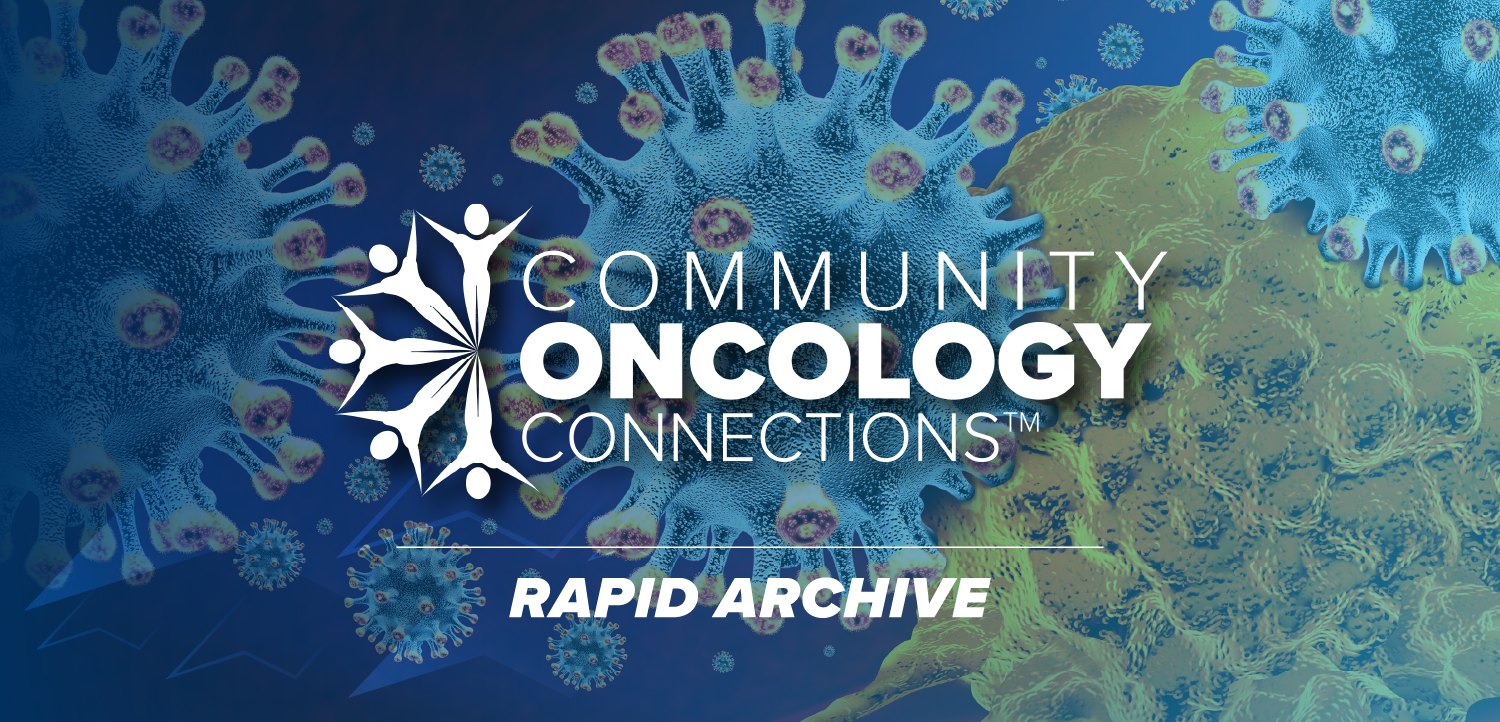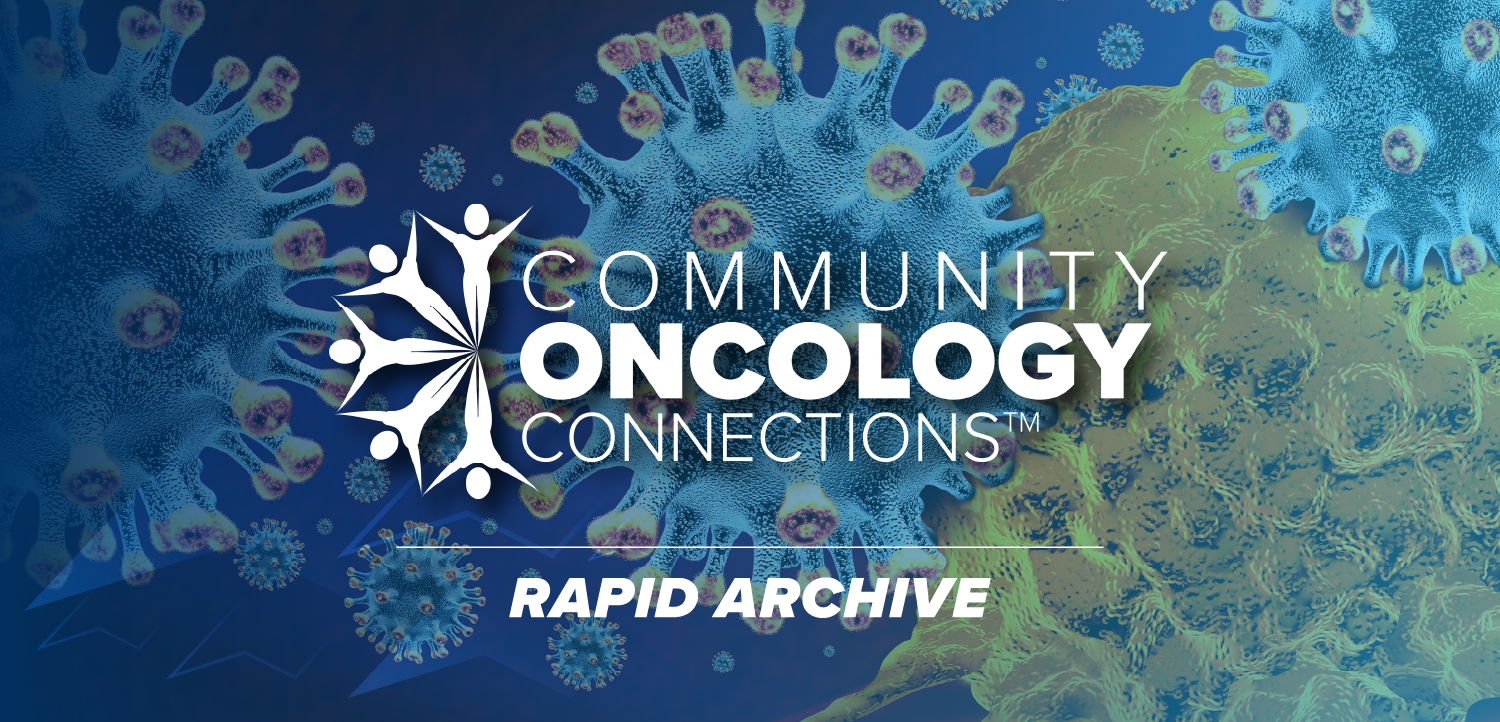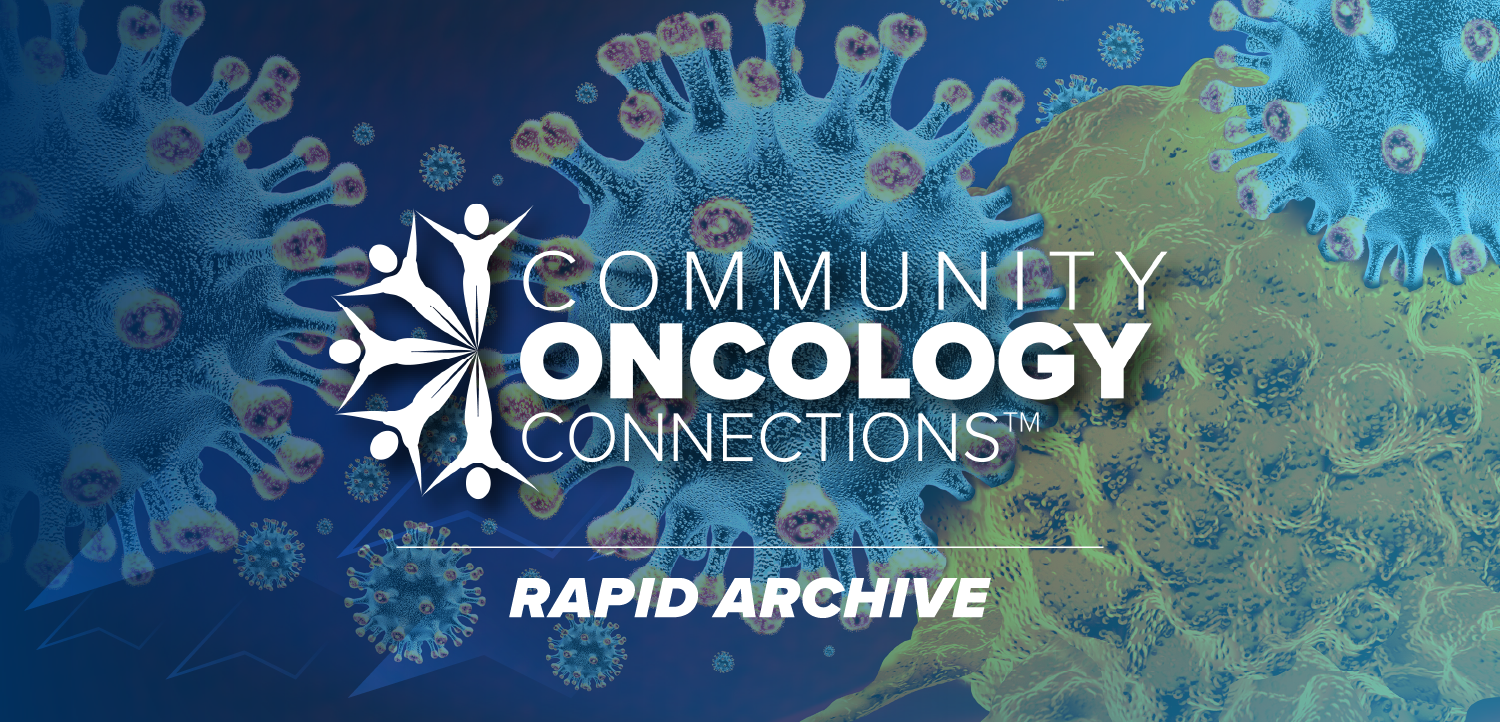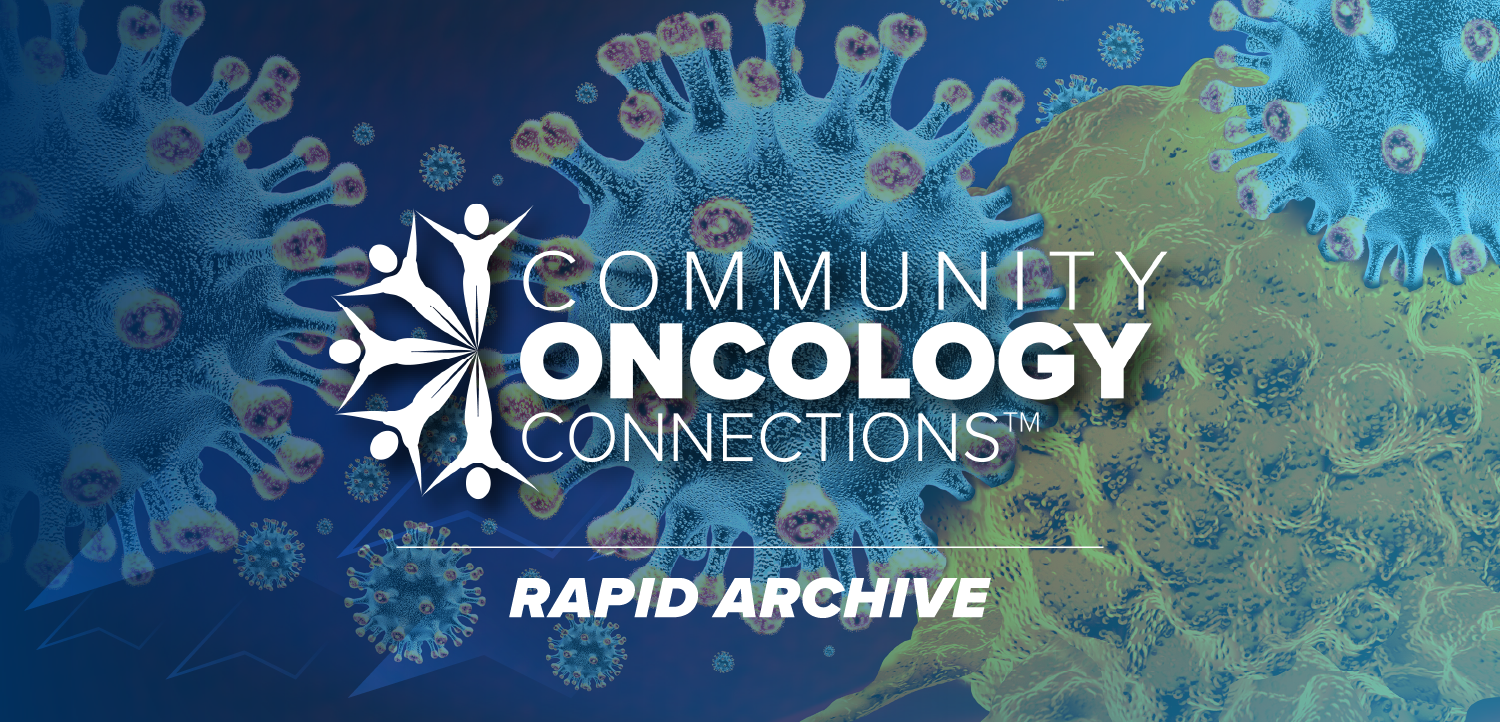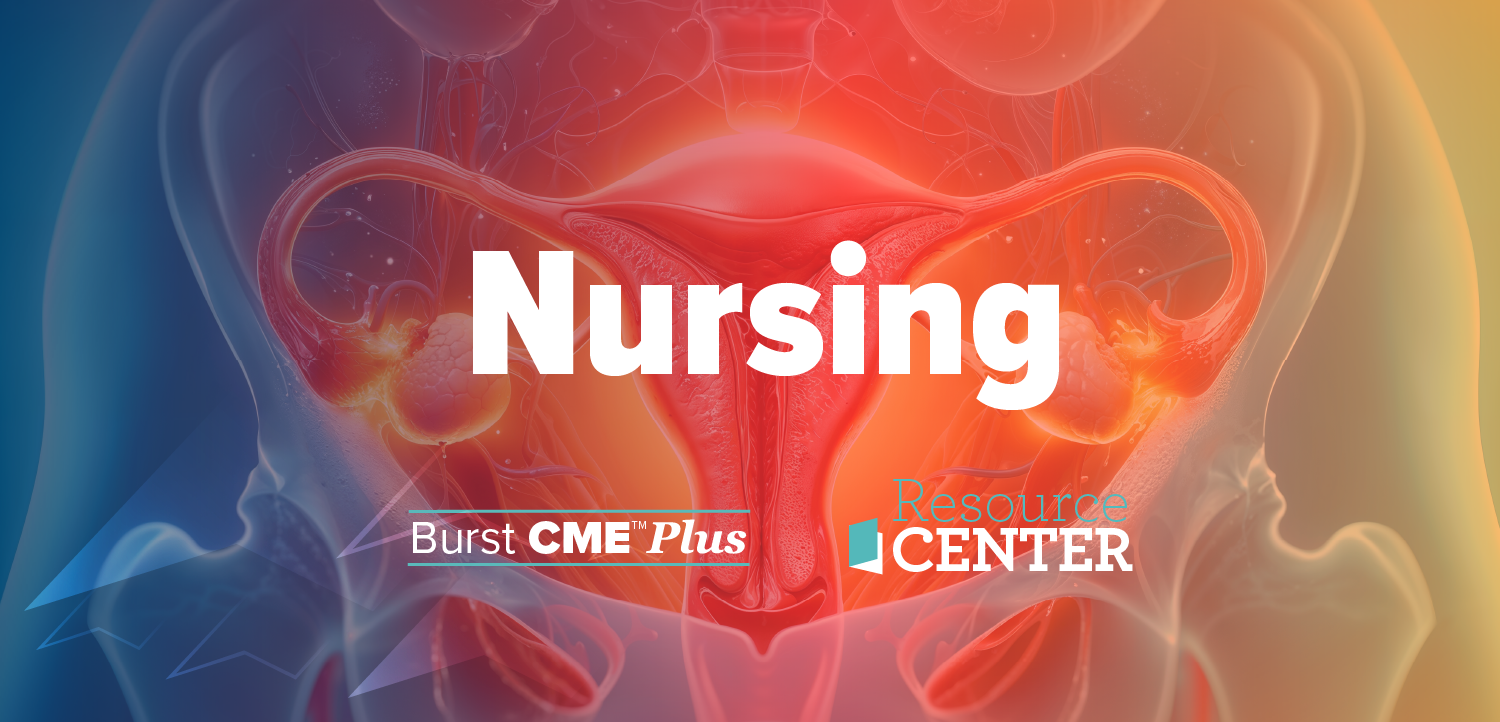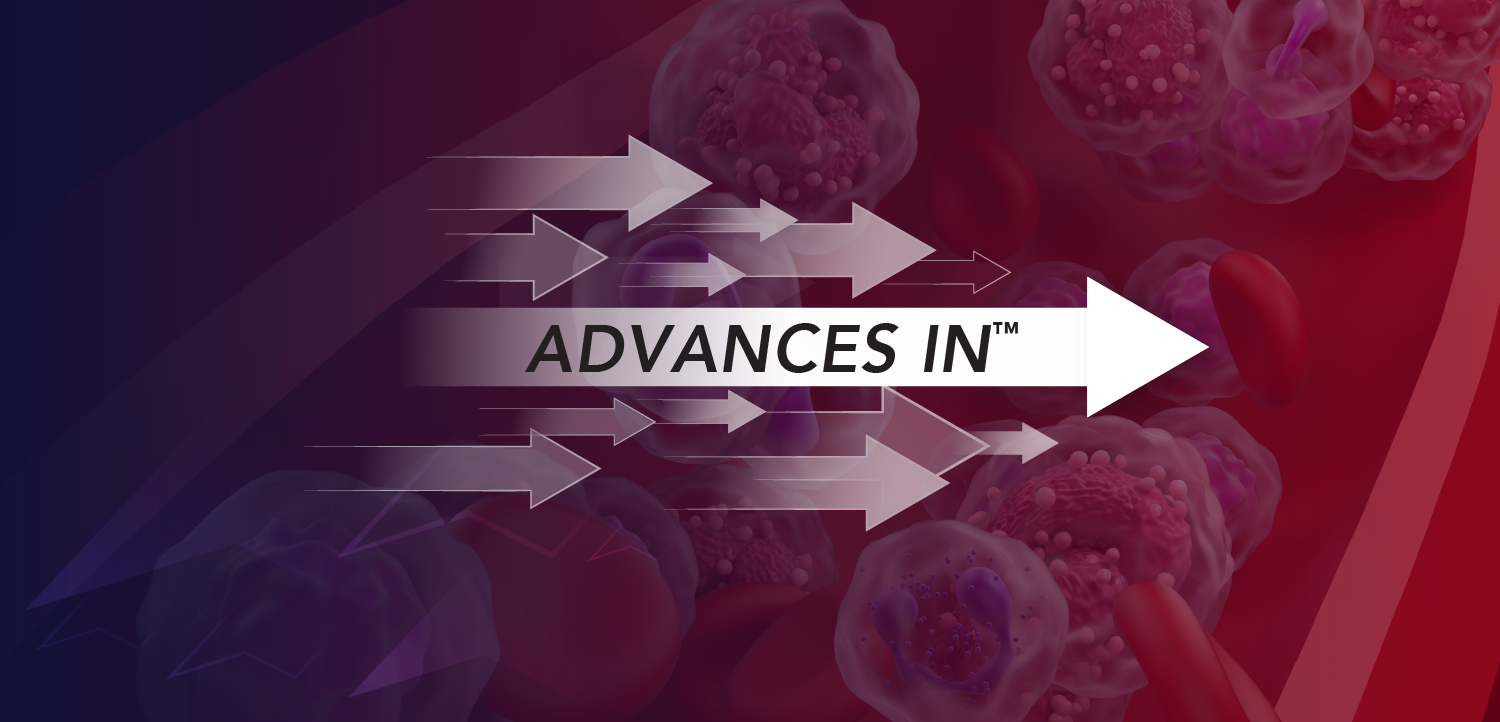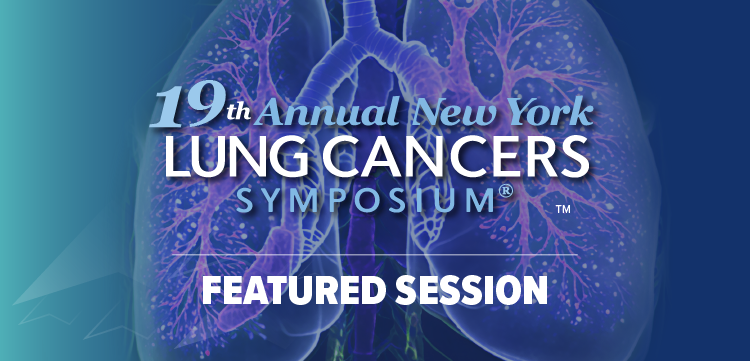
One Nurse's Perspective on the Reality Behind Having Cancer
Patients who are diagnosed with cancer have cancer, cancer does not have them; they reflect what it means to be strong, a perfect picture of tenacity.
Regardless of what field of nursing you work in, you will have an impact on someone’s life, as they will yours. Having cancer is a full-time job and there are many changes that are occurring at once. Being an oncology nurse seems to revolve around treating patients with chemotherapy and biotherapies to help reduce cancer progression and provide palliation. Although chemotherapeutic agents can be beneficial, it can also make our patients feel discouraged. According to “Mental Health Distress: Oncology Nurses' Strategies and Barriers in Identifying Distress in Patients with Cancer,” about 30% of people with cancer will develop an anxiety or mood disorder.1 Treatments patients receive can cause many side effects that weaken the body, drain their energy, and change their physical and mental wellbeing.
I have come to the realization that a cancer diagnosis does not determine how strong you are as an individual — it is up to the individual to take charge of this. Our population of patients spend days that levitate into weeks, months, and years exhibiting what it means to have the courage to face cancer and the strength to battle it.
When I first began nursing, I worked on a bone marrow transplant (BMT) unit where patients were hospitalized for months at a time receiving high-dose chemotherapy treatments. I remember rendering care to a woman who had long, beautiful hair. She then developed alopecia from her treatment, but was happy to see her new hair growth after treatment. This brought her great joy; however, she went through many other stages that caused her to decline mentally. Her chemotherapy caused her to become completely exhausted and fatigued. Even at her lowest point, she would always comment on how beautiful she was and that she felt beautiful on the inside. Her positivity gave a greater reflection and outlook on life. She often talked about her dog she had at home and how she enjoyed spending time with her grandchildren and looked forward to being home for the holidays; but, she worried if she was going to make it home in time because holiday dinner was always at her home.
She was discharged a couple months later due to her progression and completion of her treatment. A few weeks after she was discharged home, she was scheduled for a follow-up appointment; however, she never made it. Unfortunately, she passed away shortly after being discharged. I was in disbelief. There was not a time throughout her treatment where I thought she was not going to beat this. Through the months, I saw her change from a caterpillar to a butterfly, and although she had days of sorrow, she always remained positive. Her positivity was radiant, and on some days, it gave me strength to get through the day.
I have crossed paths of many lives, and every journey has shown me endurance, strength, and hope. I have had time to share first moments, last moments, and new beginnings. Spending 12-plus hours of my day with patients showed me how much they endure life’s challenging and difficult moments. Facing what seemed like long days in the hospital for me did not compare to obstacles my patients had to endure from adverse events related to chemotherapy or the fear of not being around or seeing their loved ones anymore. Patients who are diagnosed with cancer have cancer, cancer does not have them; they reflect what it means to be strong, a perfect picture of tenacity. I am so proud to be an oncology nurse!
Reference
- Granek L, Nakash O, Ariad S, Shapira S, Ben-David M. Mental Health Distress: Oncology Nurses’ Strategies and Barriers in Identifying Distress in Patients with Cancer. Clin J Oncol Nurs. 2019;23(1):43-51. doi:10.1188/19.cjon.43-51

